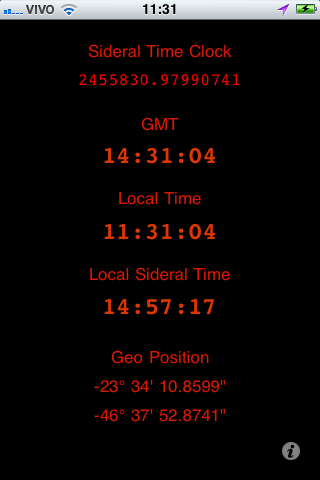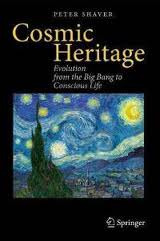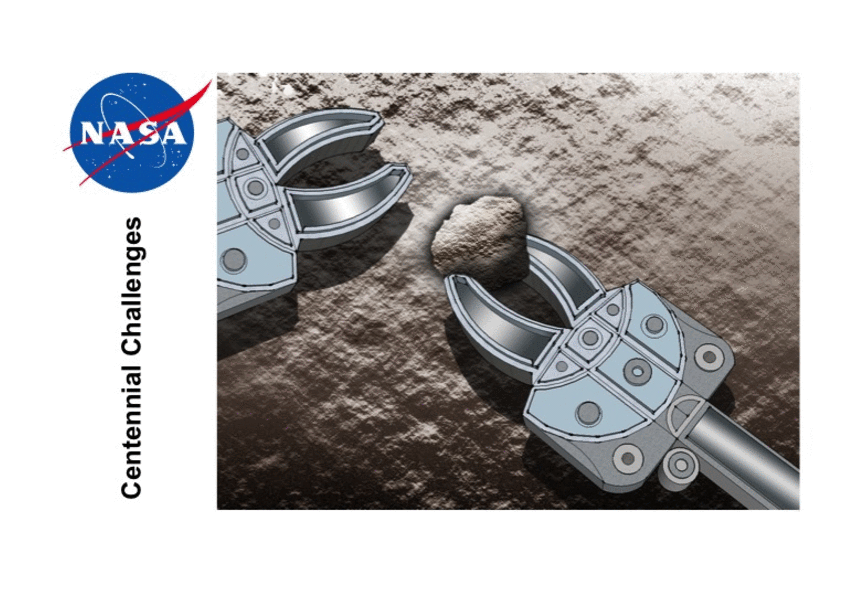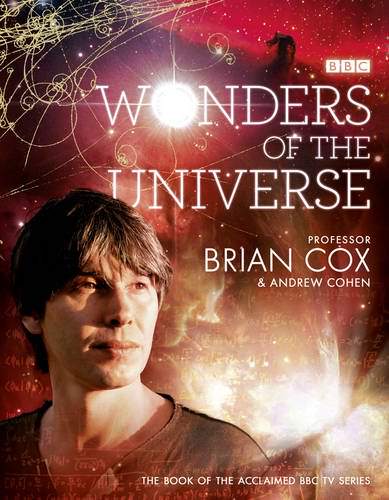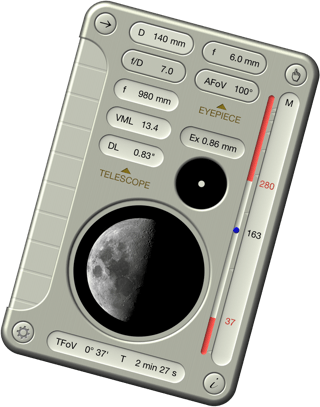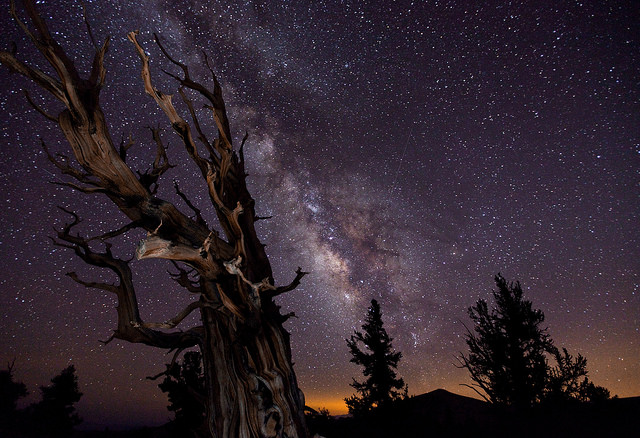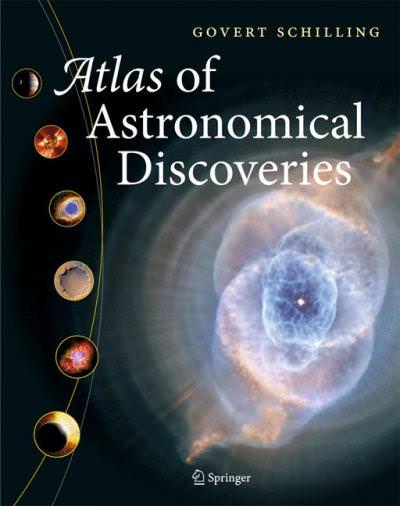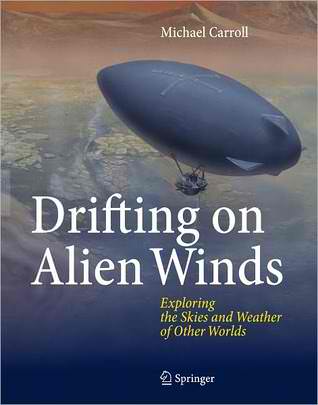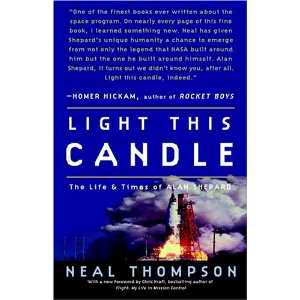[/caption]
You know you’ve always wanted your own sidereal clock. Now, here’s your chance. We’re giving away 10 access codes for the new Sideral Clock astronomy iPhone app. Just send an email to us with “Sidereal Clock” in the subject line and Fraser will choose five winners at random.
Sidereal time is a time-keeping system astronomers use to keep track of the direction to point their telescopes to view a given star in the night sky. A a sidereal day is the time scale that is based on the Earth’s rate of rotation measured relative to the fixed stars. All observatories have a Sidereal Clock, and you can find sidereal time on the Internet, but you don’t always have access to the internet while observing. If you have an iPhone you can now install “SiderealClock” application and carry it with you everywhere you go.
This app uses iPhone geopositioning, and the application displays the current time (LMT), Greenwich time (GMT), your local Sideral Time (LST) and also the Julian Day. SideralClock is a real time clock and runs in any iPhone with geopositioning system and iOS 4.2 or higher.
Find more informations about this application at Apple iTunes Store The app is available in English, Spanish, Italian, French, German, Portuguese, Russian and Japanese.
Thanks to designer Fabio Rendelucci for providing the app codes for this contest!
Note: this contest replaces an earlier one that was canceled, in case you feel like you are experiencing deja vu.

